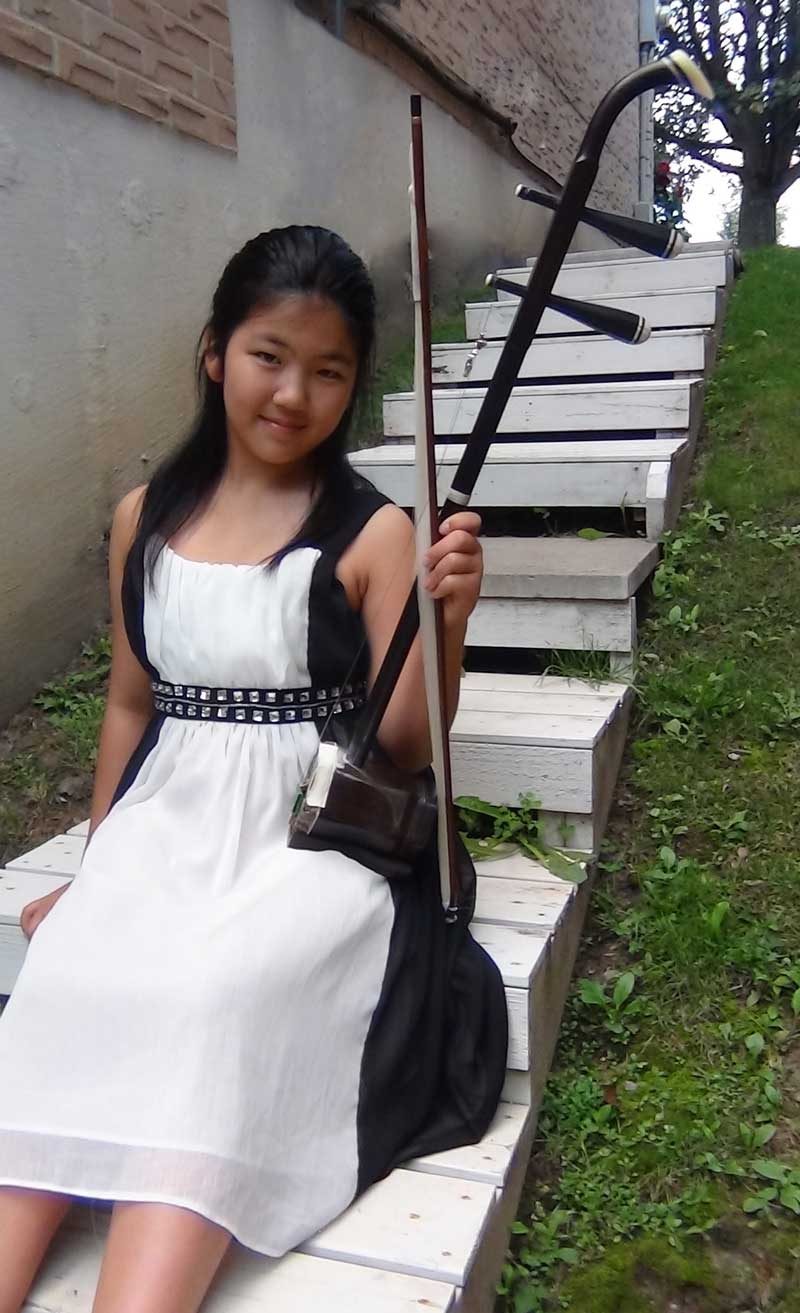
Sophie Luo
As an Erhu player of the Canadian Youth Chinese Orchestra in 2018, I was given the wondrous opportunity to tour and perform in five different cities of China alongside other fellow orchestra participants from July 14 to July 27. We were able to exchange our music with other orchestras of Hong Kong, Dongguan, Jiang Men, Tai Shan, and Nan Hai to explore their culture and music, thus gaining a greater understanding of the music we played. This experience was nothing short of a fantastic opportunity to seek the origins of the pieces we had been practicing as well as explore the different aspects of cultural music in five different cities. Not only did I discover many new ideologies about Chinese music and culture, I was able to obtain a greater understanding of the music practiced and performed within CYCO.
The first stop made in this trip was to Hong Kong, where we were able to watch and listen to the Hong Kong orchestra live in a theatre. They performed generally very technically difficult pieces, making it an enriching observing experience for the members of CYCO. Following this performance, we were able to exchange our music the next day with The Hong Kong Juvenile and Youth Chinese Classical Orchestra by performing a selection of our own pieces, listening to a few of theirs, and then playing several all together, Personally, I sat beside one of the Erhu soloists from the concert we watched the night before. He told me that he had been playing the instrument for twelve years, hence why he was able to sight read “Billie Jean” and “Golden Snake Dance” effortlessly. Sitting beside someone as musically trained as him was a friendly reminder that regardless of the contrasting abilities of the blossoming musicians in a group, it is possible to create something magical and beautiful out of pure music. It inevitably inspired me to continue practicing the instrument to one day be as amazing as him one day!
The city of Dongguan in the Chinese province of Guangdong was the second location we visited and the primary music-related activity coordinated into our itinerary was an exchange performance with the Dongguan orchestra. Being given the opportunity to perform for the Chinese summer camp that CYCO took part of was pleasant as we got to showcase our musical skills to campers from around the globe, enriching their interest in seeking their cultural roots through watching live Chinese and contemporary music. In fact, someone who was born and raised in Dongguan told me it was their very first time watching Chinese music live, which made me come to the optimal realization that by demonstrating our music to others, we are opening an abundance of endless opportunities and broadening someone else’s exposure to cultural music.
The greatest takeaway from the exchange performance with musicians of Jiang Men was being able to perform the popular Chinese song “Racing Horses” with western stringed instrument players of Jiang Men. I have heard this song performed as an Erhu solo and occasionally with accompaniment of the Yang Qin, but hearing it performed with so many players of Erhu and accompaniments of violin, viola, cello, and the bass was a first for me. This undoubtedly allowed me to expand my interpretation of the piece, giving me a brand new insight of a song I had known for years.
A “music salon” in Tai Shan was my favourite music-related activity of the entire trip as it was different from the others and was the most meaningful. Even just the name of the activity itself had so much beauty within itself- when we think of salons, we often think of grooming and perfecting something, and the primary purpose of this activity was to groom and perfect one song from each orchestra. One of the conductors from the exchange program the night before as well as some of the musicians who played western stringed instruments performed a song for us and vice versa. The conductor from the opposite orchestra would conduct the group that just performed and give feedback, which showed us that although for example, our conductor, Amely might know little to nothing about the musicians from the western orchestra, she was still able to give constructive criticism, which could be thought of as “grooming” and perfecting their song. The ear-training exercise played by both orchestras following the performances was also so special to me. Both orchestras played together with no music in front of us, attempting to play the song “Dance of the Youth” based on what we saw and heard Amely play. At first, the activity seemed merely impossible, but by the end, I was pleasantly surprised by what we were able to accomplish on the spot!
In Nan Hai, my personal favourite part of the show was being able to connect with the Nan Hai orchestra through playing “Golden Snake Dance”. Playing the encore piece “Golden Snake Dance” with another orchestra continues to amaze me as it is such a big group of growing musicians tightly fitted in a theatre with beautiful acoustics performing such an upbeat, lively song. Even with the major language barrier, resulting in an evident inability to communicate orally with one another, we are still able to connect through sound and our own interpretation of the sound we are producing.
To conclude, the cultural activities planned for the duration of the trip were extraordinarily beneficial to our personal understanding of the music that we played and learned. Throughout the time I spent with other beautiful blooming musicians, I discovered that connecting with others through the production and interpretation of sound is always a special feeling and always something worth sharing. I came to the realization of just how important for the soul it is to take time out of your day, your week, your year, or whatever period of time you desire to hold space for others and listen to allow your self-gratification to grow and broaden. I learned that regardless of your advancement in your personal journey with a musical instrument or a piece, there is always room for improvement, which can be achieved by exposing yourself to foreign yet familiar sources, such as learning from a conductor from a different orchestra. It is crucial to continue taking on as many risks in life as possible, to allow opportunities such as this music tour in China to grow with you as a person! I will forever be beyond grateful that I was able to join that trip with Amely, Lipeng, and other aspiring musicians as I was able to truly witness and be a part of creating something beautiful; a fusion of different cultures through music making.


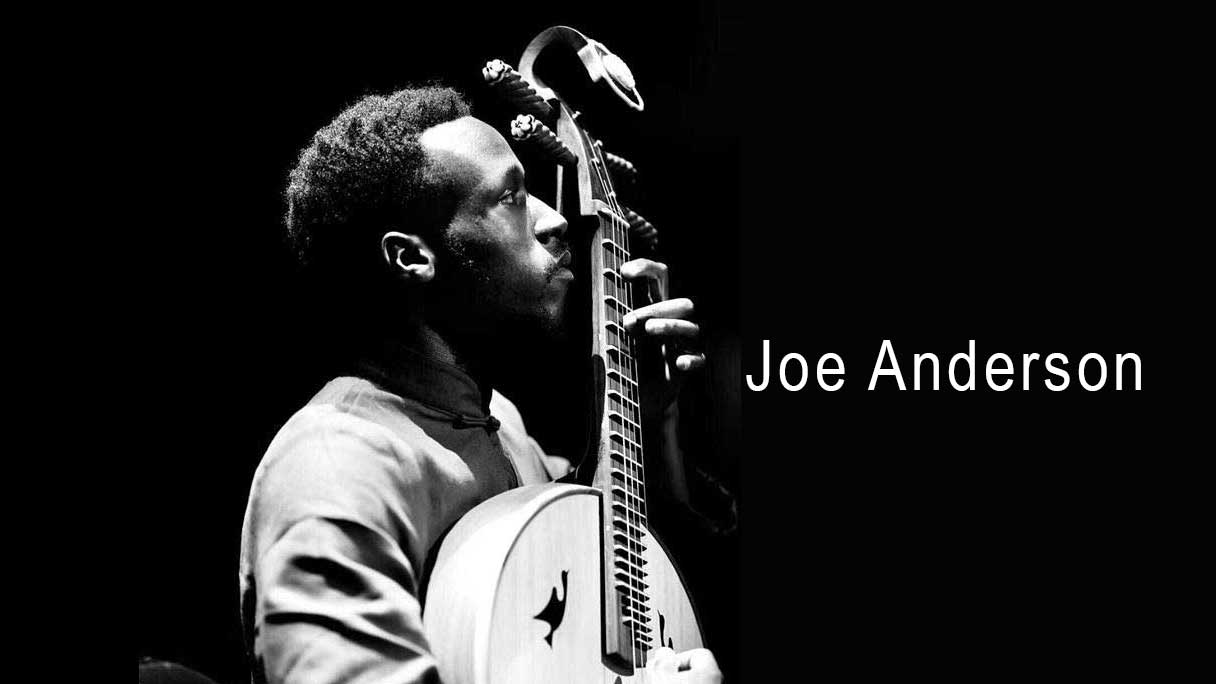
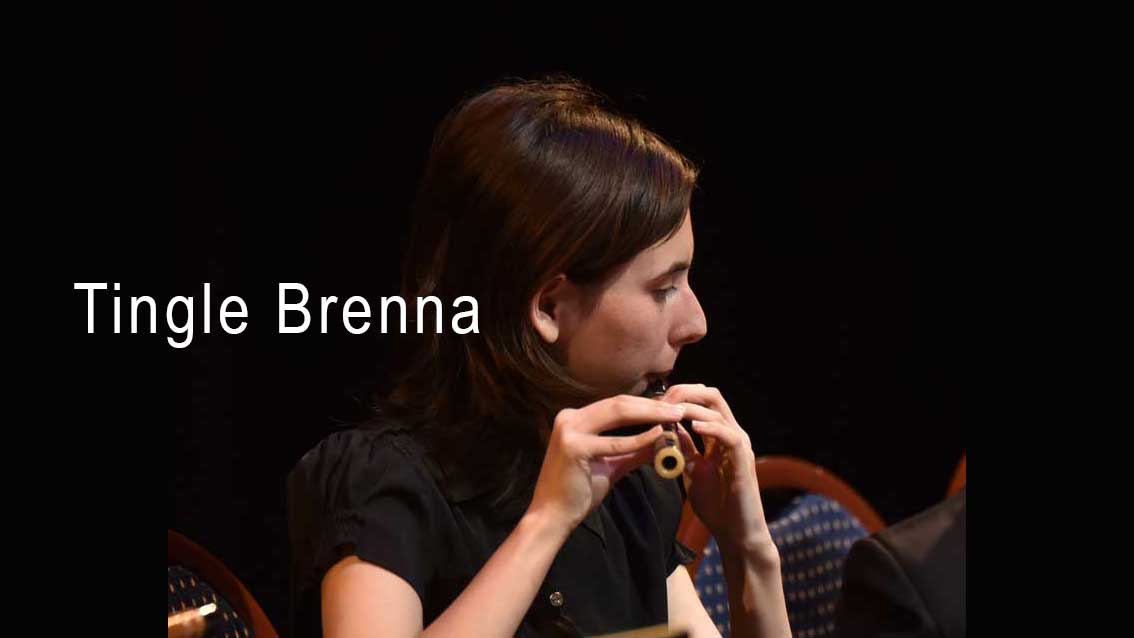
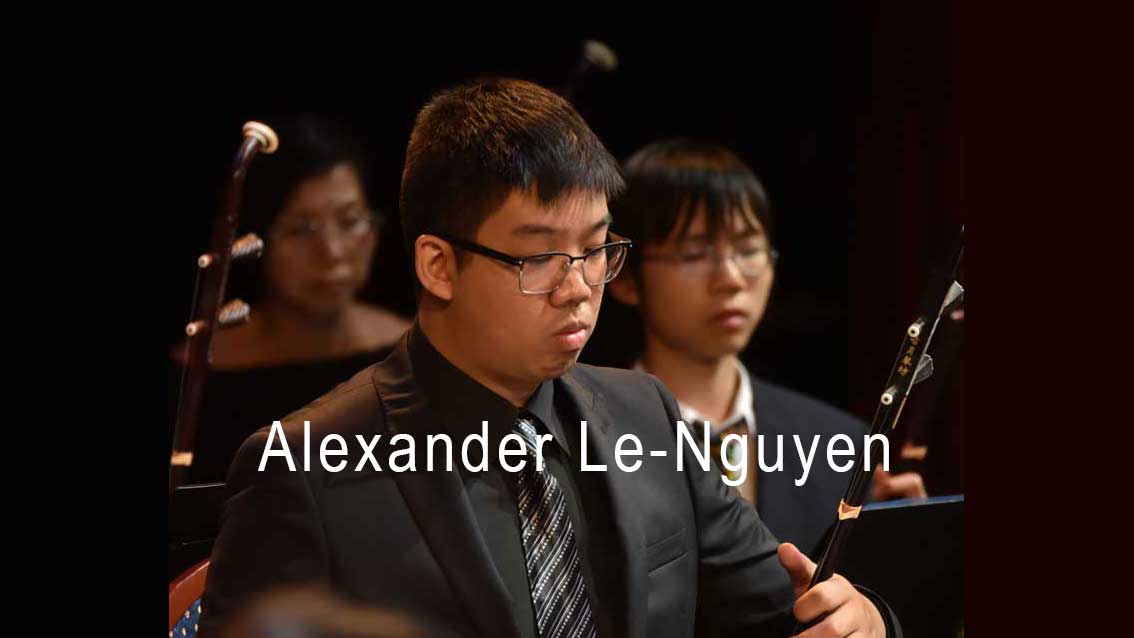
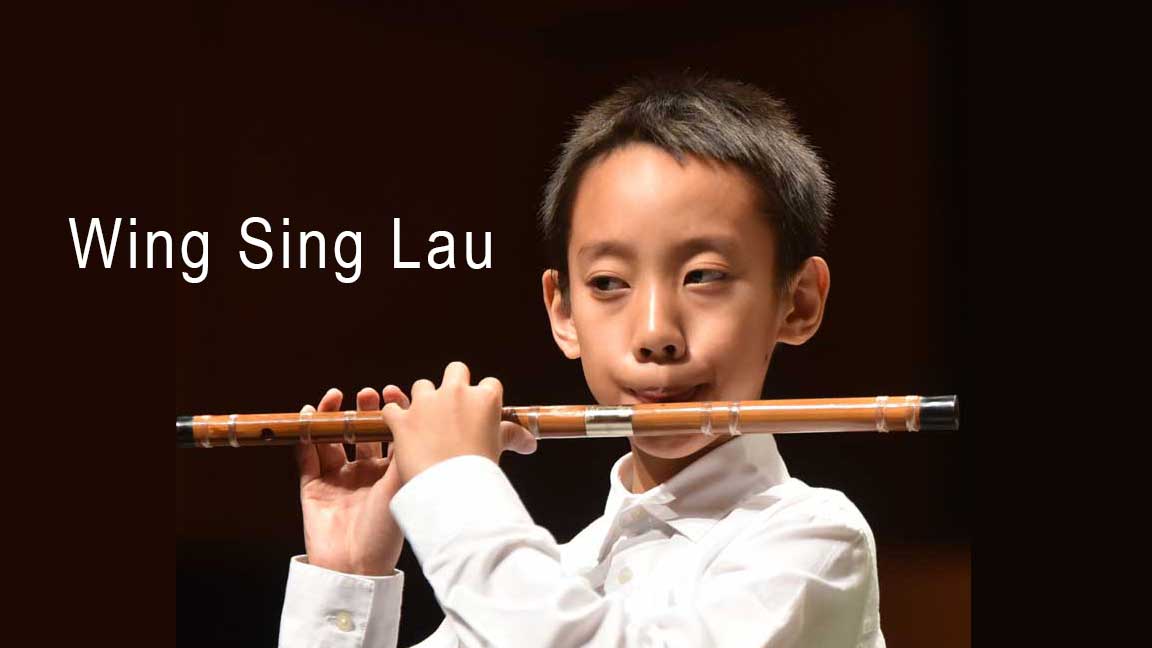
Social Contact